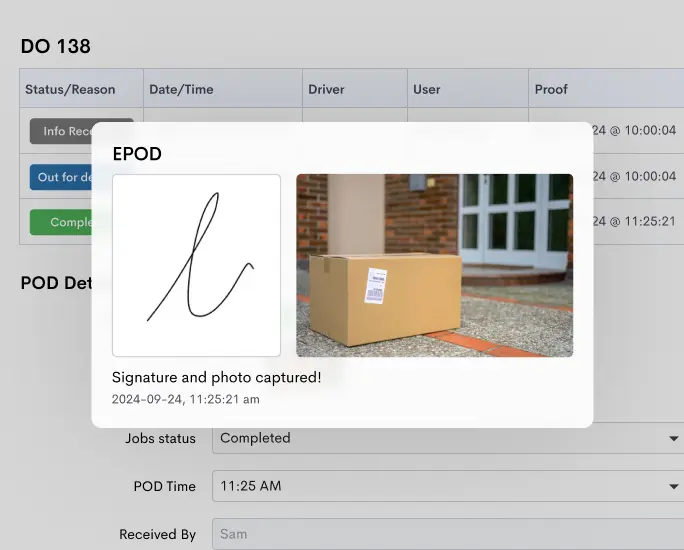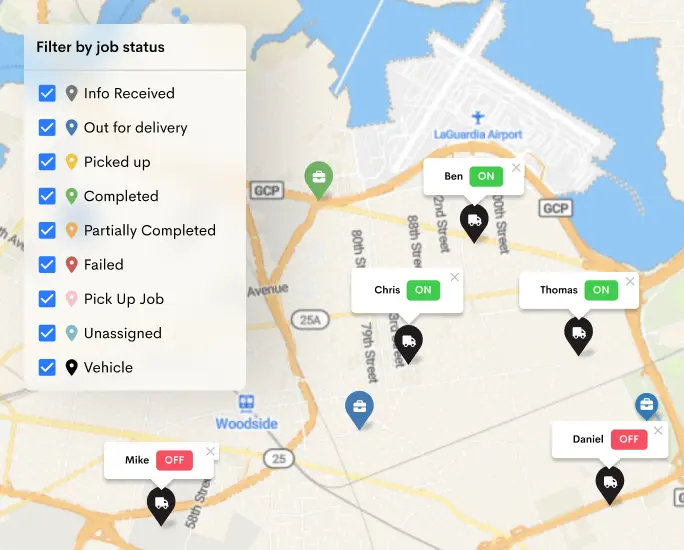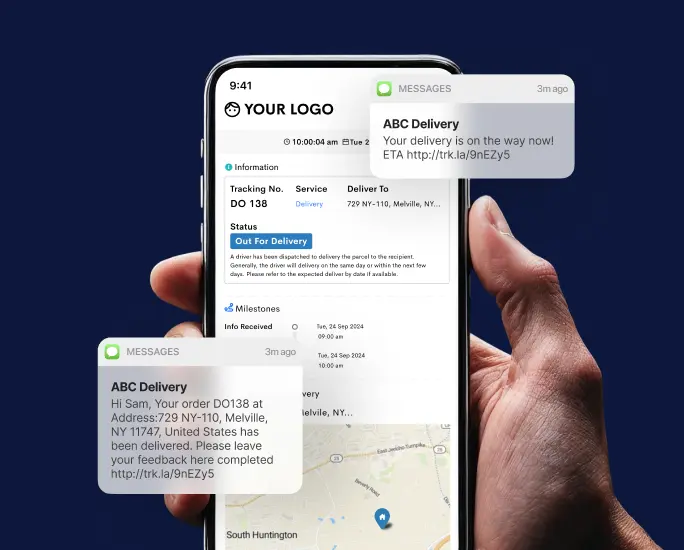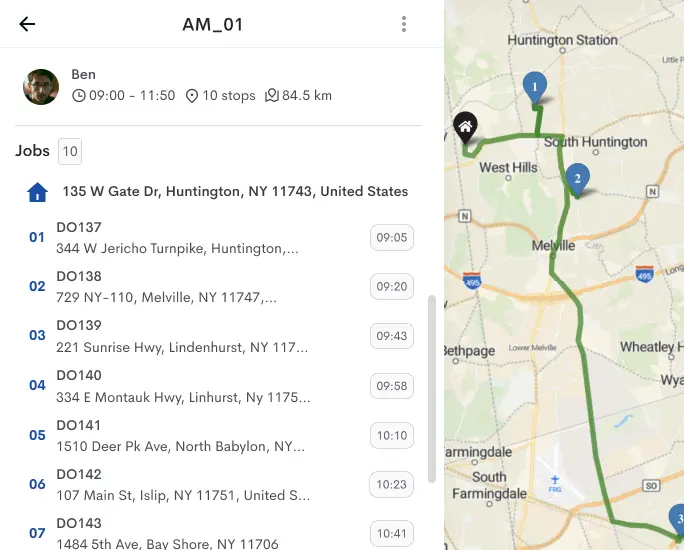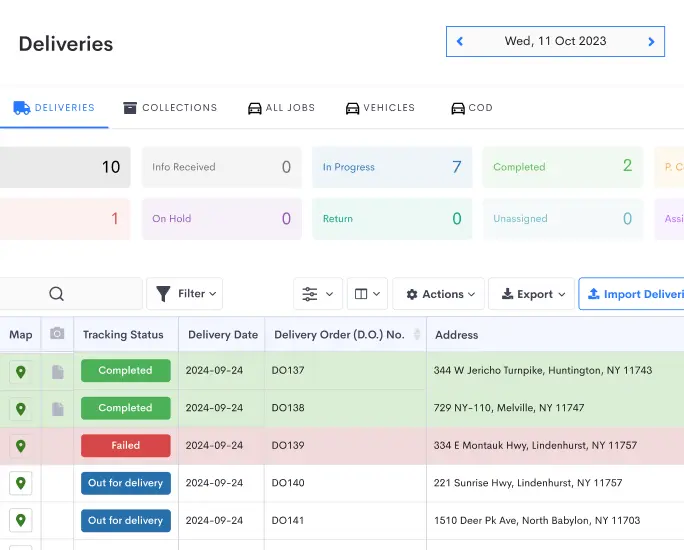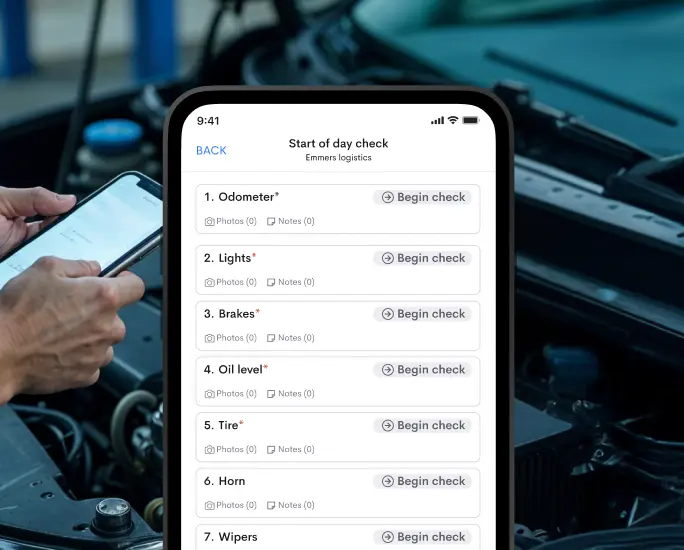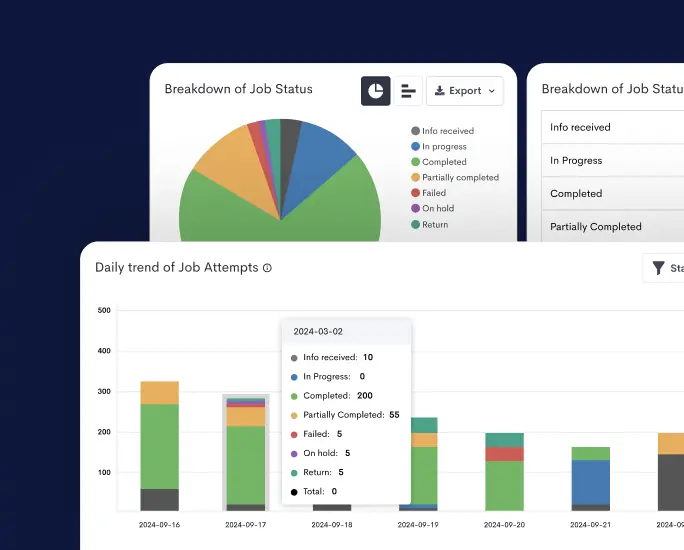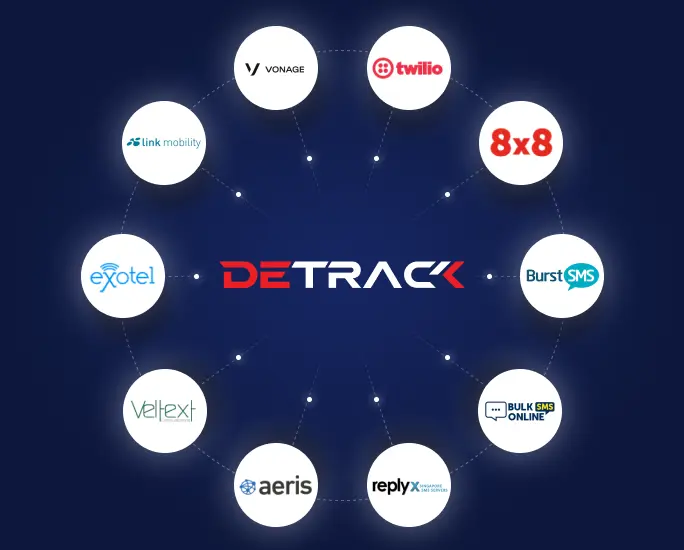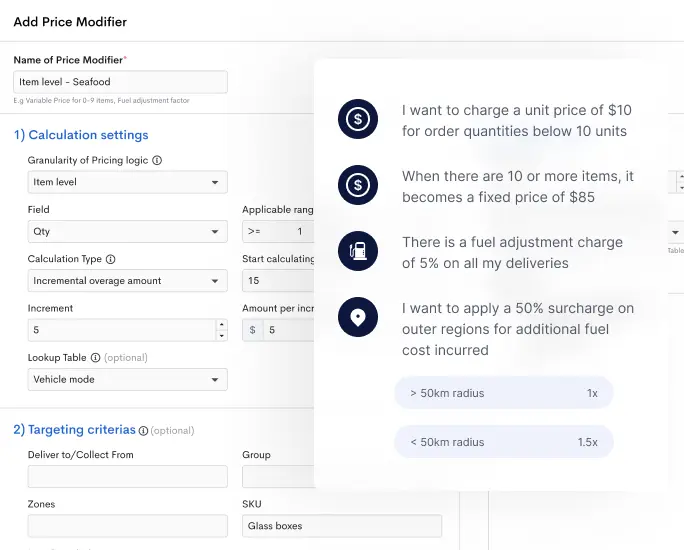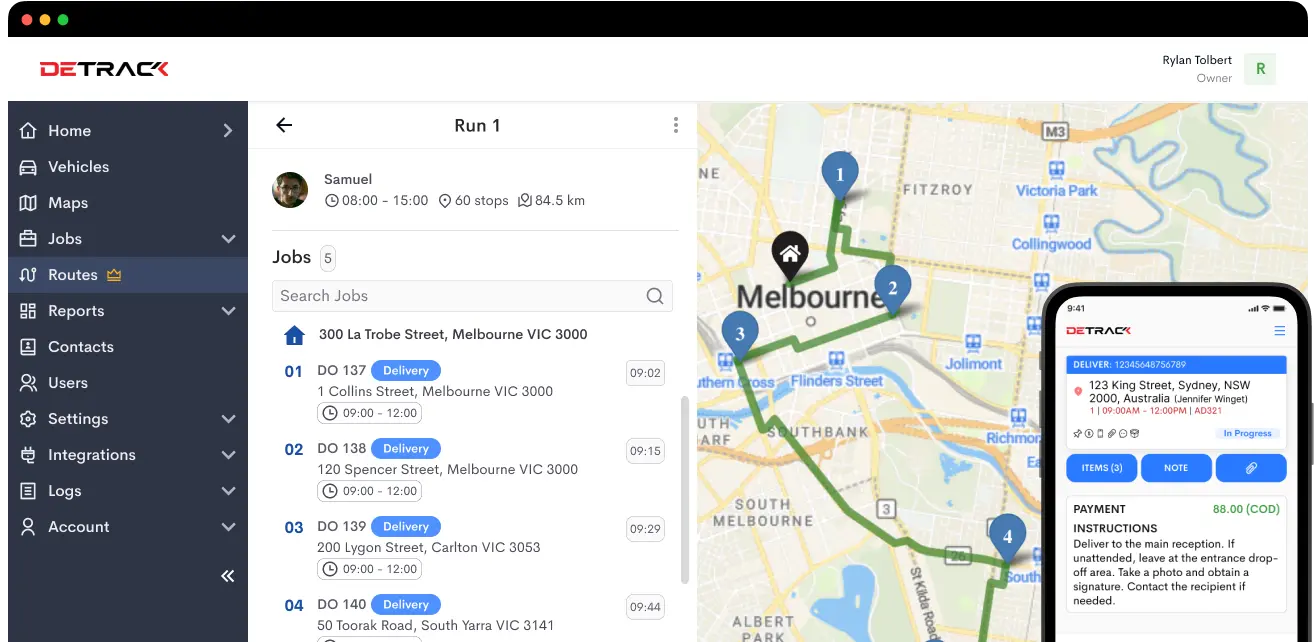Efficient logistics management is crucial for businesses of all sizes. Whether you’re a small e-commerce startup or a large multinational corporation, the proper logistics software can make a difference in streamlining your operations, reducing costs, and enhancing customer satisfaction.
But with many options available in the market, how do you choose the best logistics software for your specific needs? That’s precisely what we’ll explore in this blog. Join us as we delve into the key considerations, features, and factors that will help you make an informed decision and select the logistics software that’s tailor-made for your business.
Whether you’re a supply chain veteran or just dipping your toes into the logistics waters, this guide will be your compass in navigating the world of logistics software solutions. Let’s get started!
What is logistics software?
Logistics software is a comprehensive digital solution businesses use to efficiently manage and optimize their supply chain operations. It encompasses various crucial functions such as inventory management, order processing, transportation coordination, warehouse management, and demand forecasting.
By automating and streamlining these processes, logistics software helps companies ensure they have the right stock, manage orders seamlessly, select the most cost-effective transportation routes, enhance warehouse efficiency, and anticipate future demand patterns.
Additionally, it provides valuable analytics and reporting tools, enabling data-driven decision-making, and can integrate with other business systems for seamless information flow.

Categories of Logistics Software
Logistics software can be categorized into various types based on their specific functions and applications within the broader logistics and supply chain management field. Two common categories of logistics software include:
Logistics Management Software
Logistics management software is a comprehensive solution that covers various aspects of supply chain and logistics operations. It typically includes features for inventory management, order processing, warehouse management, demand forecasting, and more.
This category of software aims to provide end-to-end visibility and control over the entire supply chain, helping businesses optimize their logistics processes and streamline operations. It is suitable for organizations with complex supply chains and diverse logistics needs.
Transportation Logistics Software
Transportation logistics software focuses specifically on optimizing the movement of goods from one location to another. This category of software is tailored to manage transportation-related tasks, such as route planning, carrier selection, shipment tracking, and cost management.
It helps businesses ensure the efficient and cost-effective movement of goods, whether by road, rail, air, or sea.
Transportation logistics software is particularly valuable for companies heavily reliant on transportation services and seeking to improve transportation efficiency and reduce shipping costs.
The Benefits of Integrating Logistics Software into Business Operations
Integrating logistics software into business operations offers a range of significant benefits that can positively impact various aspects of a company’s performance and competitiveness. Here are the key advantages:
Operational Efficiency
Logistics software automates and streamlines complex logistics processes, reducing manual effort and minimizing the chances of errors. This improved efficiency leads to faster order processing, optimized inventory management, and more streamlined warehouse operations.
As a result, businesses can operate more smoothly and effectively, ensuring products are delivered to customers and partners on time.
Data-Driven Decisions
Logistics software provides real-time data and analytics that enable data-driven decision-making.
With access to accurate and up-to-date information on inventory levels, order status, transportation routes, and other critical logistics factors, businesses can make informed choices that lead to improved resource allocation and strategic planning.
Enhanced Visibility
Integrating logistics software offers greater visibility into the supply chain. Businesses can track the movement of goods in real-time, monitor inventory levels across multiple locations, and gain insights into the performance of various logistics partners and carriers.
This visibility helps identify bottlenecks and areas for improvement, ultimately leading to smoother operations.
Cost Savings
Through more efficient routing, inventory management, and resource allocation, logistics software helps reduce costs. It minimizes unnecessary transportation expenses, lowers warehousing costs, and prevents overstocking or stockouts.
Additionally, better visibility and data analysis can uncover cost-saving opportunities, such as renegotiating contracts with carriers or optimizing supply chain processes.
Improved Customer Service
Logistics software enables businesses to meet customer expectations more effectively. With accurate delivery tracking and better order management, companies can provide customers with real-time updates and consistently meet delivery promises.
This improved level of service enhances customer satisfaction and loyalty, potentially leading to increased repeat business and positive word-of-mouth referrals.

Key Features to Look for in Quality Logistics Software
When searching for quality logistics software, it’s important to consider a range of key features and factors to ensure that the software aligns with your business needs and can effectively optimize your supply chain and logistics operations. Here are the essential features and considerations to look for:
Intuitive User Interface
An intuitive user interface is a critical aspect of logistics software. It refers to the software’s design and layout, ensuring it is user-friendly and easy to navigate. In practice, this means that your team can quickly understand how to use the software without extensive training.
An intuitive interface minimizes the learning curve, allowing your staff to become proficient users faster. This is particularly important in the fast-paced world of logistics, where efficiency and productivity are paramount.
Customization Capabilities
Every business in the logistics industry has unique processes and requirements. Quality logistics software should offer robust customization capabilities. This means that you can tailor the software to align with your specific logistics operations.
Customization might involve configuring workflows to match your logistics processes, creating custom reports to gain insights into your data, adding or modifying data fields to capture relevant information, and setting user permissions to control access to sensitive data.
Integration Options
Modern businesses rely on a variety of software systems to manage different aspects of their operations, from finance to customer relations. Effective logistics software should be capable of seamless integration with these existing systems.
This integration ensures that data flows smoothly between your logistics software and other critical applications, eliminating the need for manual data entry and reducing the risk of errors.
Scalability
As your business grows or experiences fluctuations in demand, your logistics operations must adapt accordingly. Scalability is the software’s ability to accommodate these changes without disruption.
Quality logistics software should be capable of handling increasing data volumes, supporting additional users, and adapting to shifts in your logistics processes. Without scalability, you might find yourself outgrowing your software, which can lead to inefficiencies and the need for costly upgrades or replacements down the line.
Security and Compliance
Logistics software often handles sensitive data, including customer information, inventory details, and transportation plans. Robust security features are essential to protect this data from unauthorized access or breaches.
The software should employ encryption to secure data in transit and at rest. Access controls should be in place to restrict who can view or modify specific information. Data backup and recovery mechanisms should be available to safeguard against data loss.
Understanding your business needs
Before choosing logistics software, it’s crucial to have a clear understanding of your business requirements. Let’s explore these aspects in more detail:
Identifying Your Operational Challenges
Pinpoint the operational challenges that your logistics software needs to address. Do you need help with inventory accuracy, order fulfillment delays, transportation inefficiencies, or communication bottlenecks within your supply chain?
By identifying these pain points, you can prioritize features and functionalities in the software that directly address your operational challenges. Additionally, consider any long-term goals you have for your logistics operations, as the software should support your growth and improvement initiatives.
Size and Scale of Operations
The size and scale of your operations play a significant role in determining the logistics software that best suits your needs.
Consider factors like the number of warehouses or distribution centers you manage, the volume of products you handle, the geographic scope of your logistics network, and the number of users who will interact with the software.
Smaller businesses with limited logistics complexity may require different software than large enterprises with extensive, global supply chains. Ensure that the software can scale with your business as it grows.
Budget Considerations
Budget constraints are a practical consideration in software selection. Determine a realistic budget for acquiring and implementing logistics software, keeping in mind both upfront costs and ongoing expenses, such as licensing fees, maintenance, and support.
Balance your budget constraints with the potential return on investment (ROI) that the software can offer through increased efficiency, cost savings, and improved customer satisfaction.
While it’s important to stick to your budget, also consider the long-term benefits of investing in quality logistics software that aligns with your needs and objectives.

Evaluating Vendor Credibility and Reliability
Evaluating the credibility and reliability of a logistics software vendor is a critical step in the software selection process. Here’s an in-depth look at the key factors to consider when assessing a vendor:
Vendor Reputation
The reputation of the vendor in the logistics software industry is a fundamental factor to examine. Research the vendor’s track record and history.
Look for customer reviews, case studies, and references from other businesses that have used their software. A reputable vendor is likely to have a history of delivering reliable software solutions and providing excellent customer service.
Additionally, consider the vendor’s financial stability, as this can impact their ability to support and improve their software over time.
Support and Training
Assess the vendor’s support and training offerings. Adequate support is essential for resolving issues, troubleshooting problems, and ensuring the smooth operation of the software.
Inquire about the vendor’s support channels, response times, and availability, especially if your business operates in different time zones.
Furthermore, evaluate the quality and availability of training resources. Effective training can expedite the onboarding process and help your team maximize the software’s capabilities.
Update and Upgrade Policies
Investigate the vendor’s policies regarding software updates and upgrades. Regular updates and improvements are vital to keep your logistics software current, secure, and compatible with evolving technologies and industry standards.
Understand how the vendor handles updates and whether they offer a clear roadmap for future enhancements.
Additionally, inquire about the cost and process of upgrading to newer versions of the software, as well as any potential disruptions to your operations during the upgrade process.
The Transformative Power Of Logistics Software For Modern Businesses
In the dynamic world of logistics, selecting the right software is pivotal. We’ve covered the crucial features to seek in logistics software and how to assess vendor credibility. Now, it’s time to take action.
Detrack offers a user-friendly interface, powerful customization, seamless integration, and scalability. With robust support, training, and clear upgrade policies, it’s the solution you need for efficient logistics.
Start optimizing your operations, cutting costs, and improving customer satisfaction. Your logistics journey begins with Detrack. Don’t hesitate—take the leap and try Detrack today!

